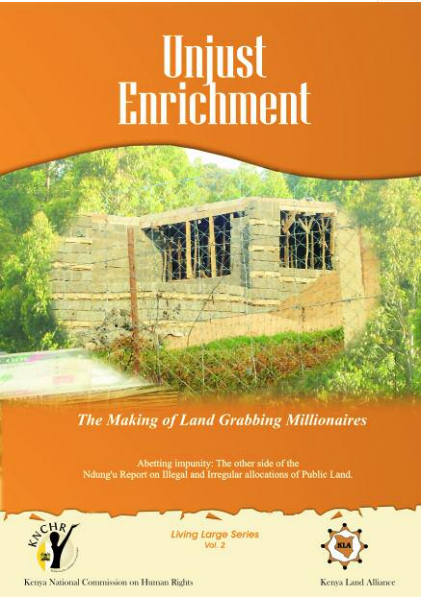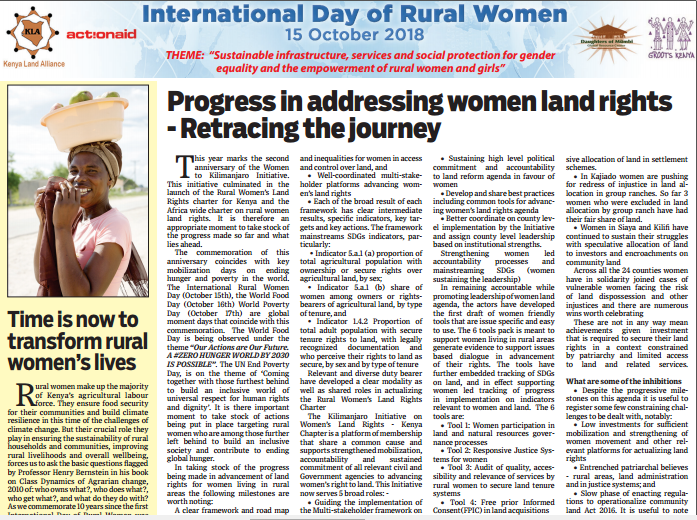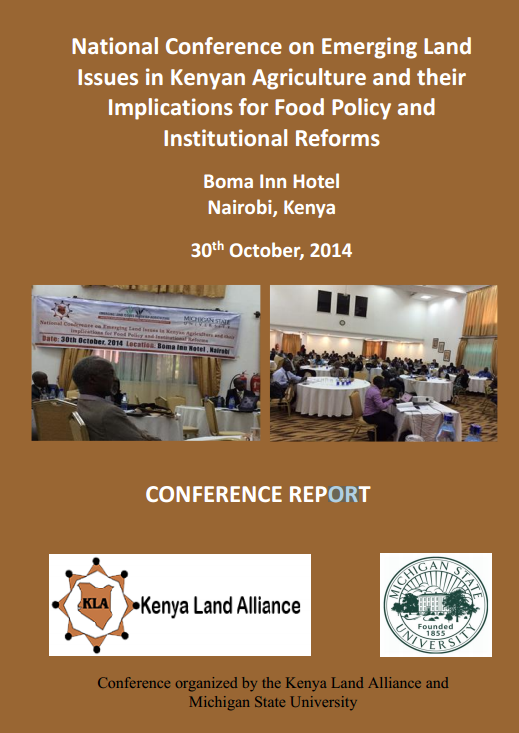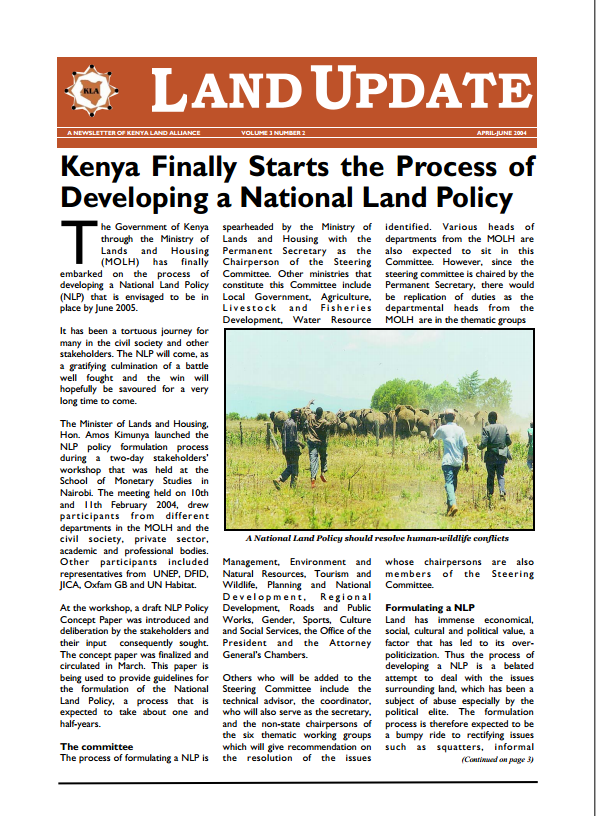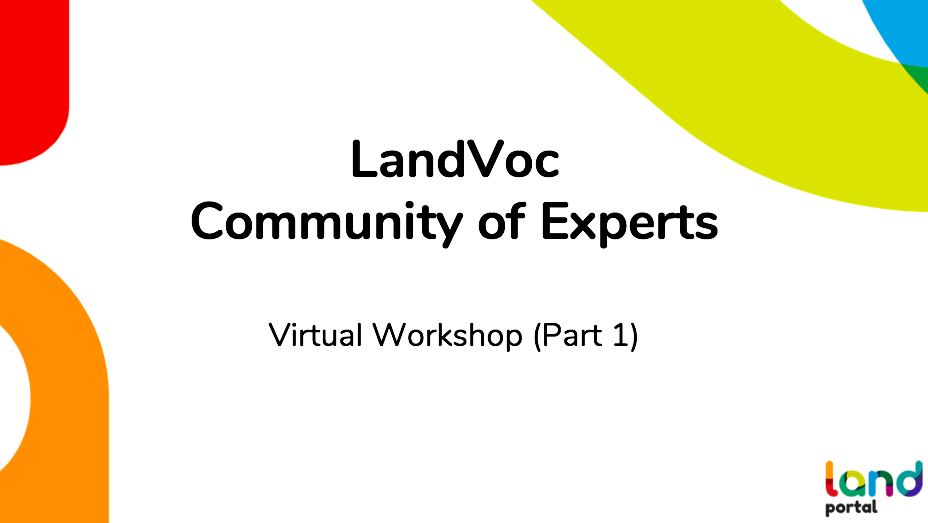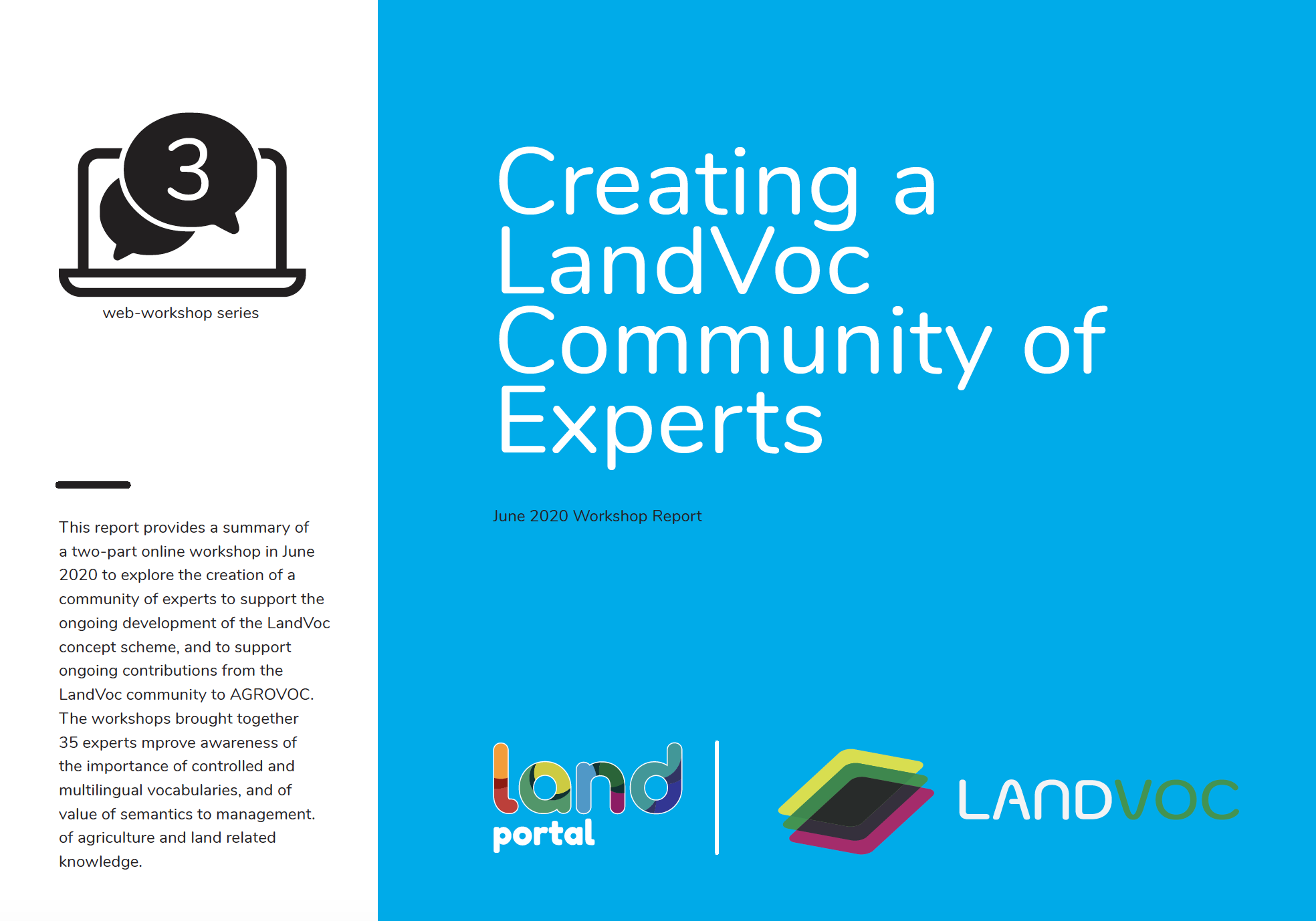Unjust Enrichment-The Making of Land Grabbing Millionaires-Living Large Series
The illegal and irregular allocations of public land as chronicled in the Ndungu Report amount to a rip-off that dwarfs the Goldenberg and Anglo-Leasing scandals. Our analysis in this first issue in the series covers Karura, Ngong Road and Kiptagich forests and suggests a loss of public resources in excess of Ksh.18.4 billion. The Ndungu Report covers ten other forests as well as other public land, ranging from road reserves to cemeteries to public toilets and even State House land. As we cover these in future issues of the series, the cumulative loss will certainly be astounding.

